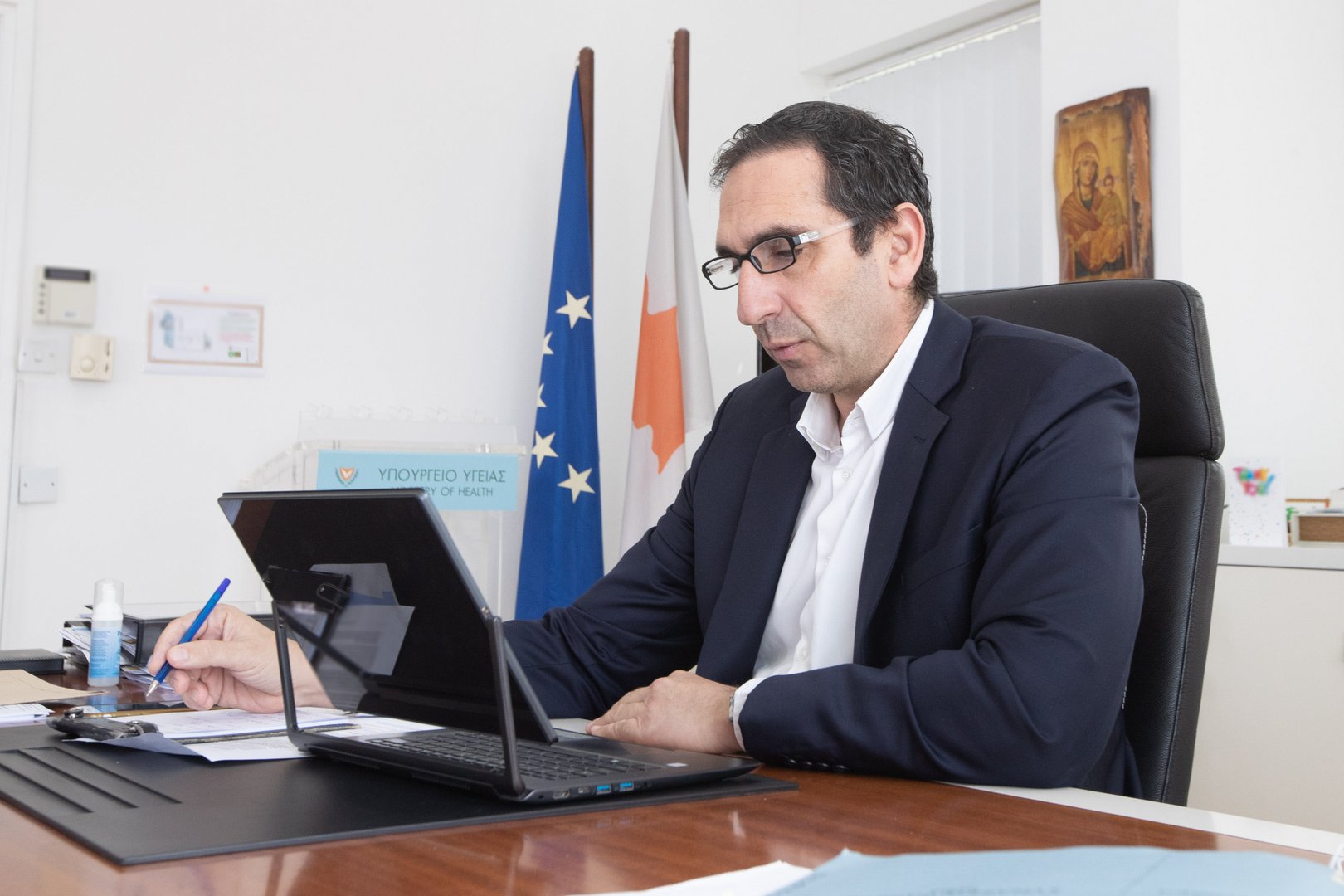The health ministry introduced a new method of reporting the number of Covid-19 deaths this week. It no longer states whether the deceased had underlying health conditions as had been the case until six days ago, because such information has been deemed unnecessary.
The member of a Covid advisory team, sociologist Constantinos Phellas, defended this peculiar decision by saying that the people who died “were simply our fellow citizens who died from coronavirus,” implying that the prior health condition of the deceased was not something that should be divulged.
The only reason that could justify this new approach was that the deceased might not have wished the information that they had an underlying health condition shared with the whole country, but we doubt this had become an issue. A more plausible explanation is that the authorities wanted to up the fear factor and shake people out of their complacency.
It could be argued that people not suffering from any health conditions would ignore the government-prescribed safety measures as they consider themselves less at risk from the virus. This may have been considered a necessary step by the scientific advisory team and the health ministry given the high number of cases in the last week.
This would qualify as a calculated fear tactic by the authorities, which are obviously fearing that the overstretched state hospitals might soon be unable to cope with the number of Covid patients needing treatment. The high number of daily cases, understandably, have frightened the authorities, which cannot forecast how many people would need hospitalisation next week.
This possibility is what should be communicated to the public in order to make people comply with the safety measures and avoid too much social interaction. Stirring fear by denying people information as the government appears to be doing with regard to the underlying health conditions is just not acceptable in an open society.
By the same logic, the age of the deceased should not be divulged either so as to frighten the young, who, according to the health minister, Constantinos Ioannou, were ignoring the safety measures. On Wednesday, Ioannou said that “the average age among Covid-19 hospitalisations has dropped and this has happened because young people do not take the virus seriously.”
The young he was referring to were those who probably get through the virus without the need for hospitalisation, but the minister avoided informing us what is the average age of those being treated in hospitals.
Neither is this information provided in the daily bulletin but they throw a figure out now and then like yesterday when they said the average age of patients at the Famagusta reference hospital was 59.
The ministry appears to be cherry-picking what it wants the public to know in its daily bulletins in an attempt to steer the public in a particular direction psychologically depending on the prevailing policy.
It is a not a healthy sign when the government starts making decisions about what information should and should not be released to the public when it comes to a pandemic. It does not inspire trust.







Click here to change your cookie preferences